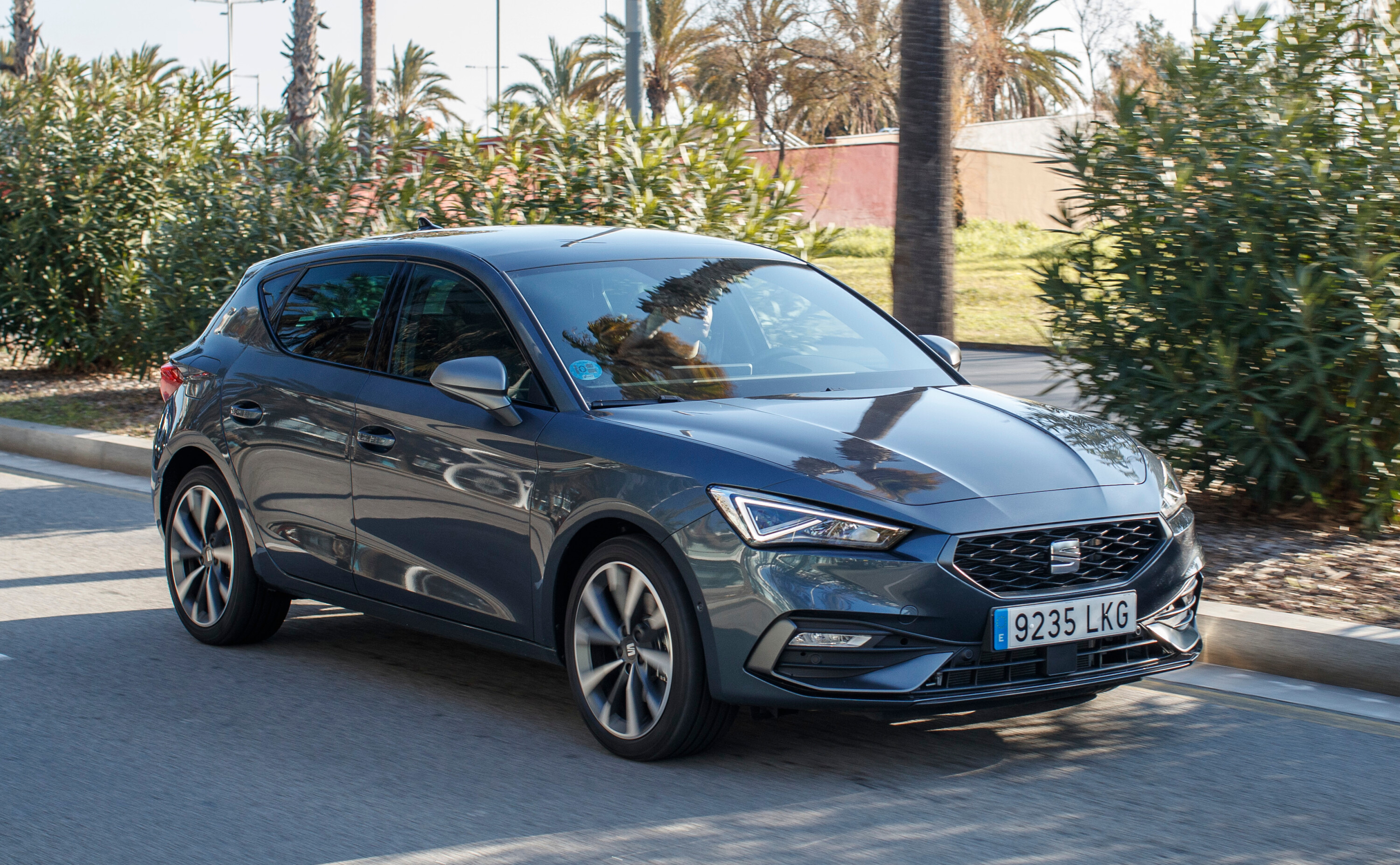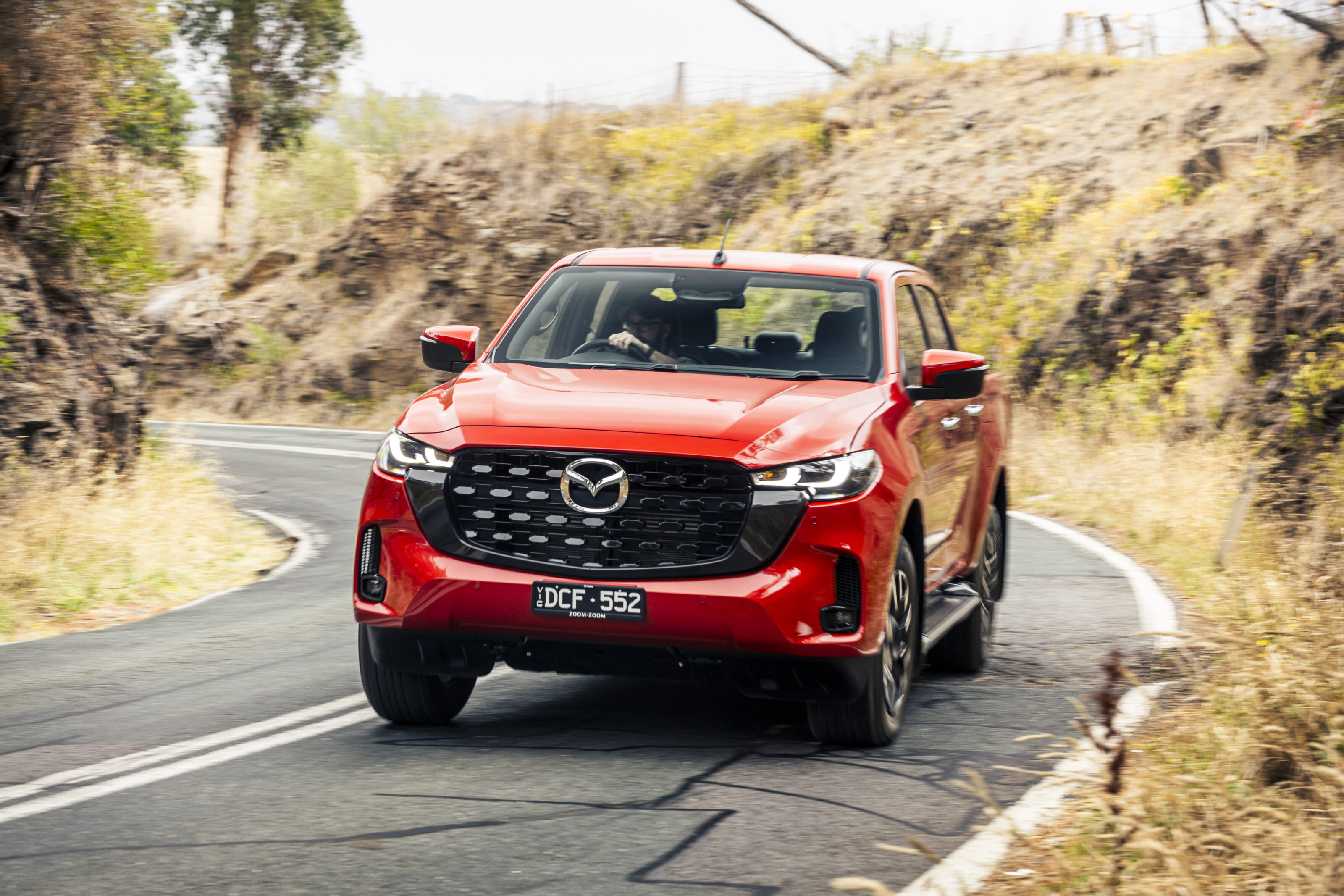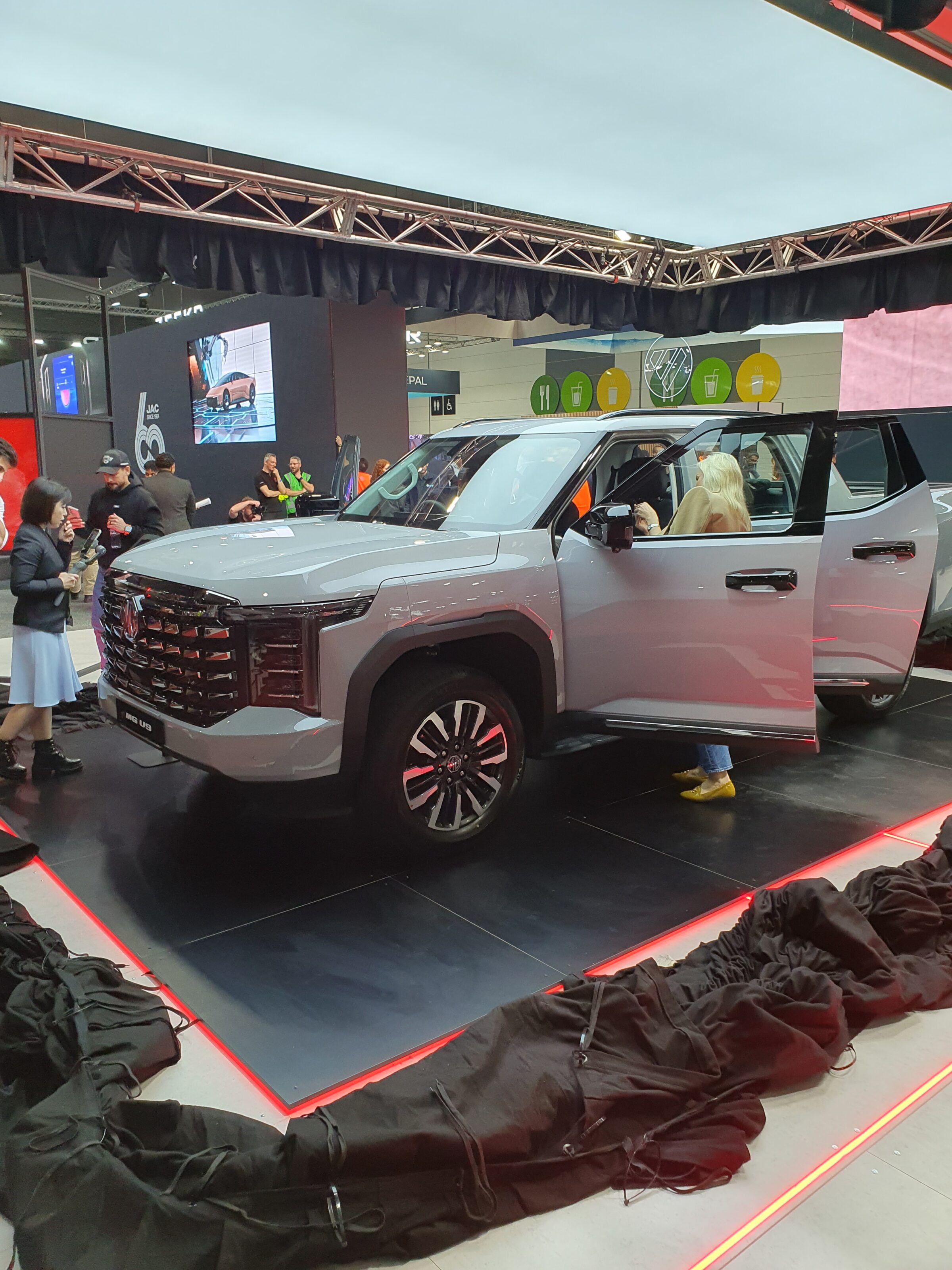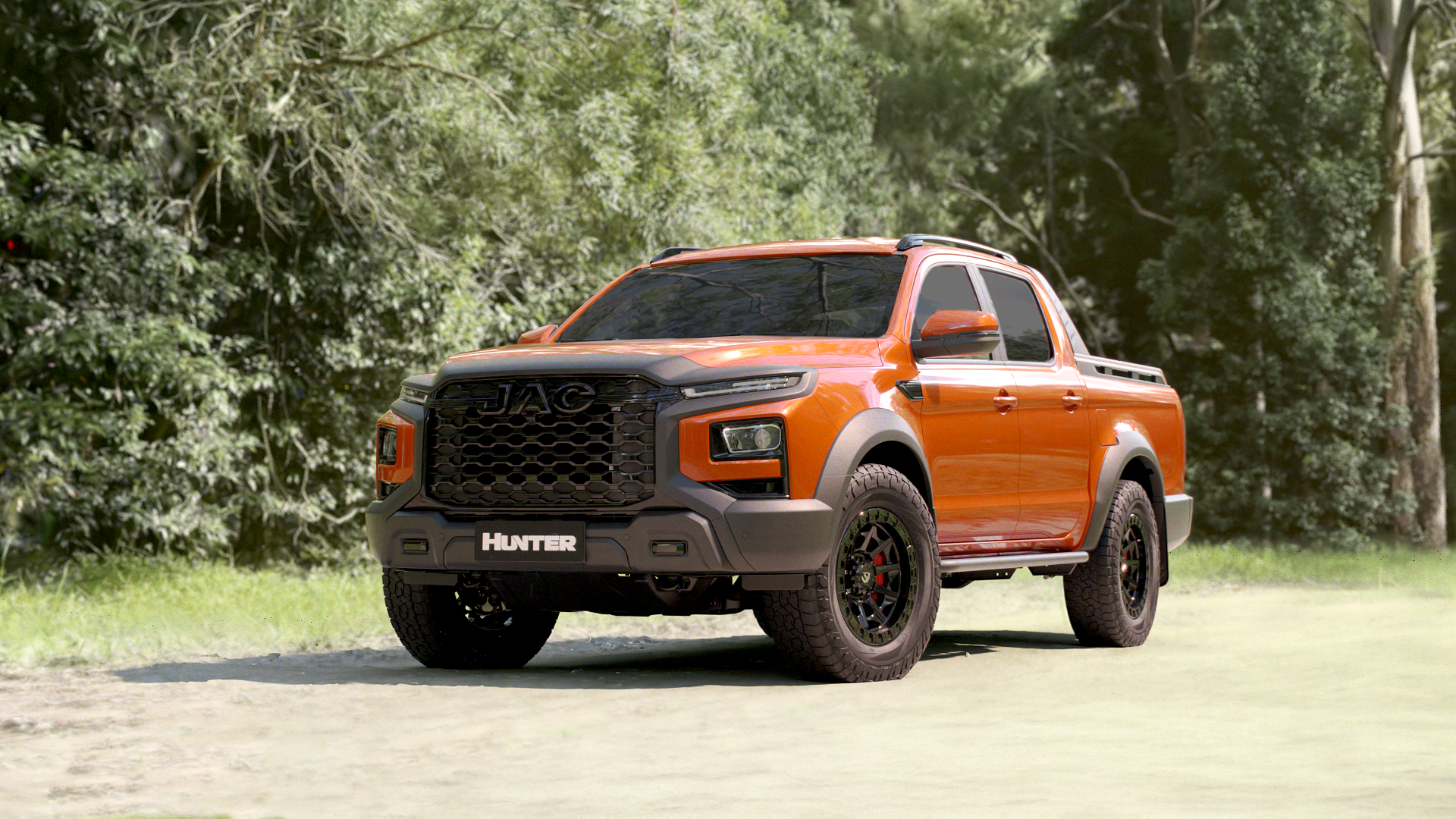Cupra CEO Wayne Griffiths has confirmed a future for the Seat brand, in light of a slew of international reports to the contrary.
Snapshot
- VW Groupu2019s Spanish brands are currently closely aligned
- The shiny new brand is getting more attention, and makes better profit
- Cupra boss defends Seatu2019s position
Stories from the IAA Mobility 2023 Munich motor show quoted Seat chairman Thomas Schafer as saying “the future of Seat is Cupra”, before suggesting that the VW Group intended to find “a different role” for the 73-year-old Spanish brand, which has long been known for offering affordable cars for mass-market consumption.
Mr Schafer was further quoted as stating that the Volkswagen Group would increase its investment in the newer Cupra brand, which will expand in the next three years with new models such as the Terramar SUV, Tavascan crossover coupe, and Raval compact EV.
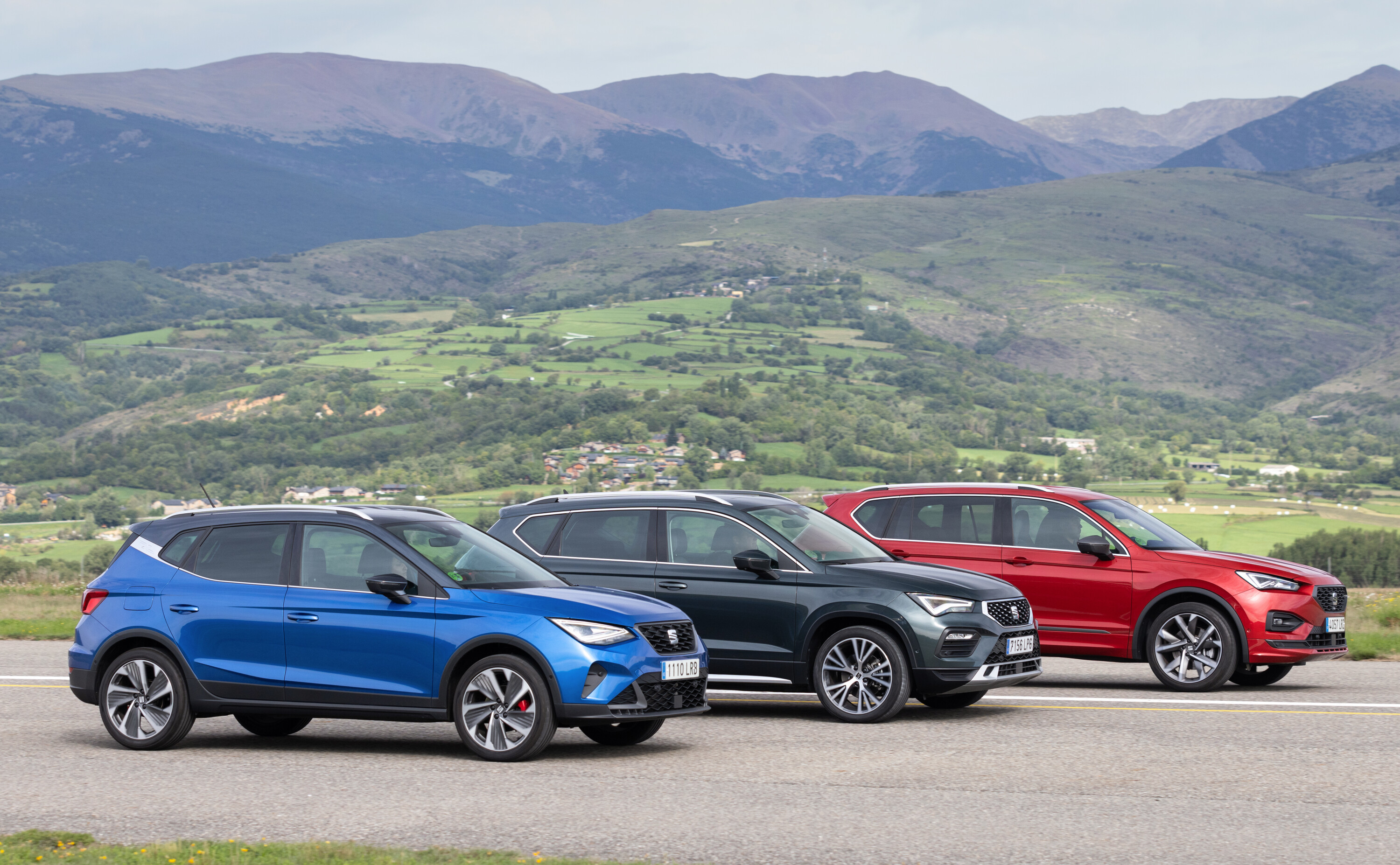
Cupra has proven to be extremely successful since its introduction just five years ago, with CEO Wayne Griffiths stating that it has recorded a huge operating profit of €370 million, and a turnover of more than €7 billion in the first half of 2023.
Mr Griffiths was eager to point out in Munich that the brand has built this success on the back of its standalone Cupra Born and Formentor models, though he acknowledged it couldn’t have got to the point it is at today without the donor vehicles from Seat that it still sells, the Leon hatchback and Ateca medium SUV.
When asked about his reaction to Mr Schafer’s comments about Seat ceasing investment in making cars, Mr Griffiths ruled out the idea that Seat would be shuttered anytime soon.
“I just read that. I think they’ve misunderstood. I don’t think he said that, because it’s not true,” said Mr Griffiths. “We’re continuing to build cars. We are just about to refresh the Ibiza and the Arona, under the Seat brand.”
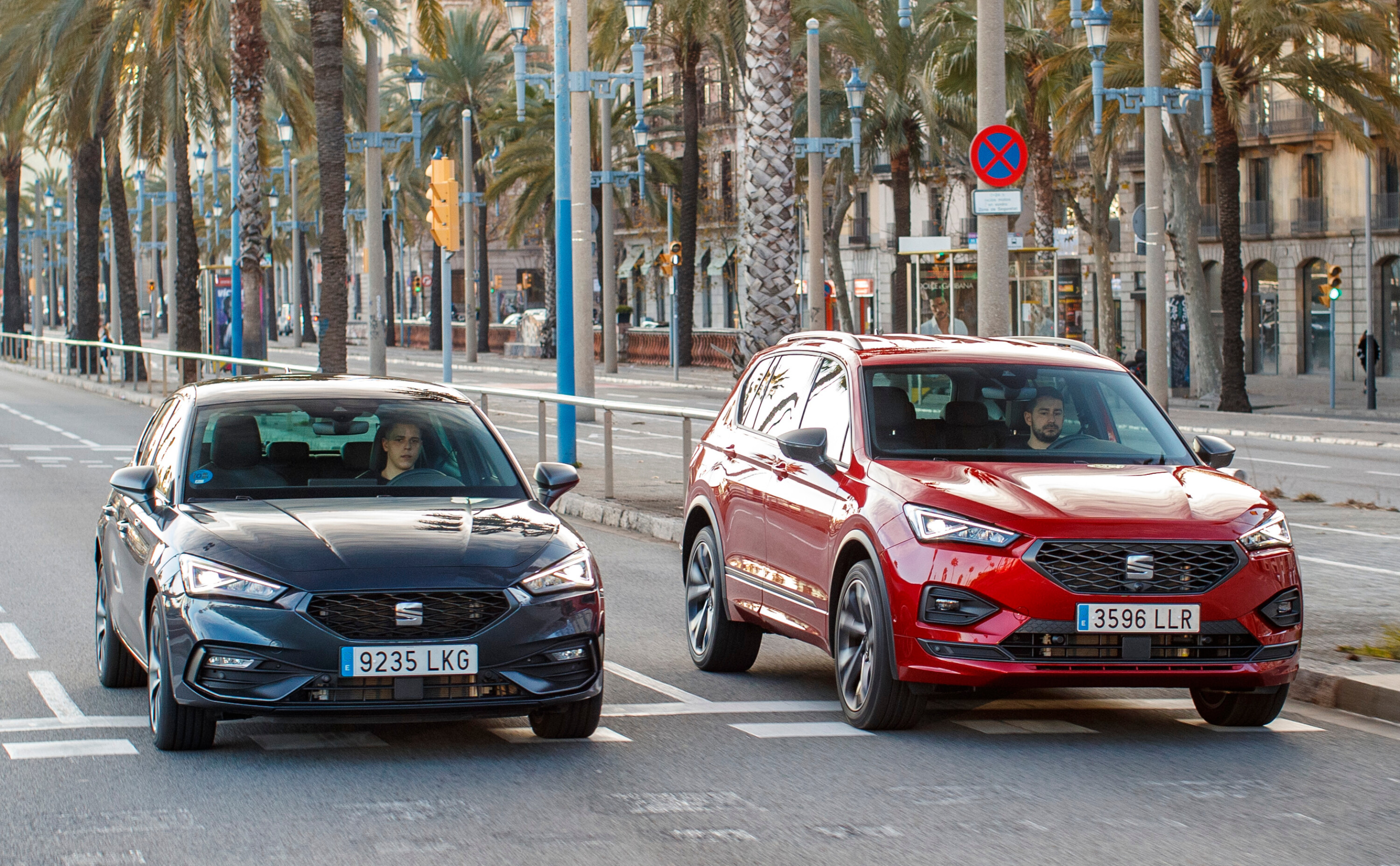
It should be noted that, according to AutoExpress [↗], Mr Schafer has said a very similar thing about the future of Seat in the past reporting in November 2022 that Mr Schafer said exactly the same thing: “Cupra is the future of Seat”.
The same story further quoted Mr Schafer saying “it doesn’t mean Seat will cease to exist” and that the VW Group was “still working on the actual plan for Seat; it’s okay until 2028 or 2029, so we don’t have to panic.”
Mr Griffiths expanded on his point, suggesting the biggest issue with Seat in recent times has been all to do with timing, and events beyond the control of anyone working within the VW Group.
“Seat has struggled the last couple of years, not as a brand – because of demand, because we didn’t have any semiconductors. And when we had the lack of semiconductors, we prioritised those semiconductors for the Cupra cars, because we had better margins,” he said.
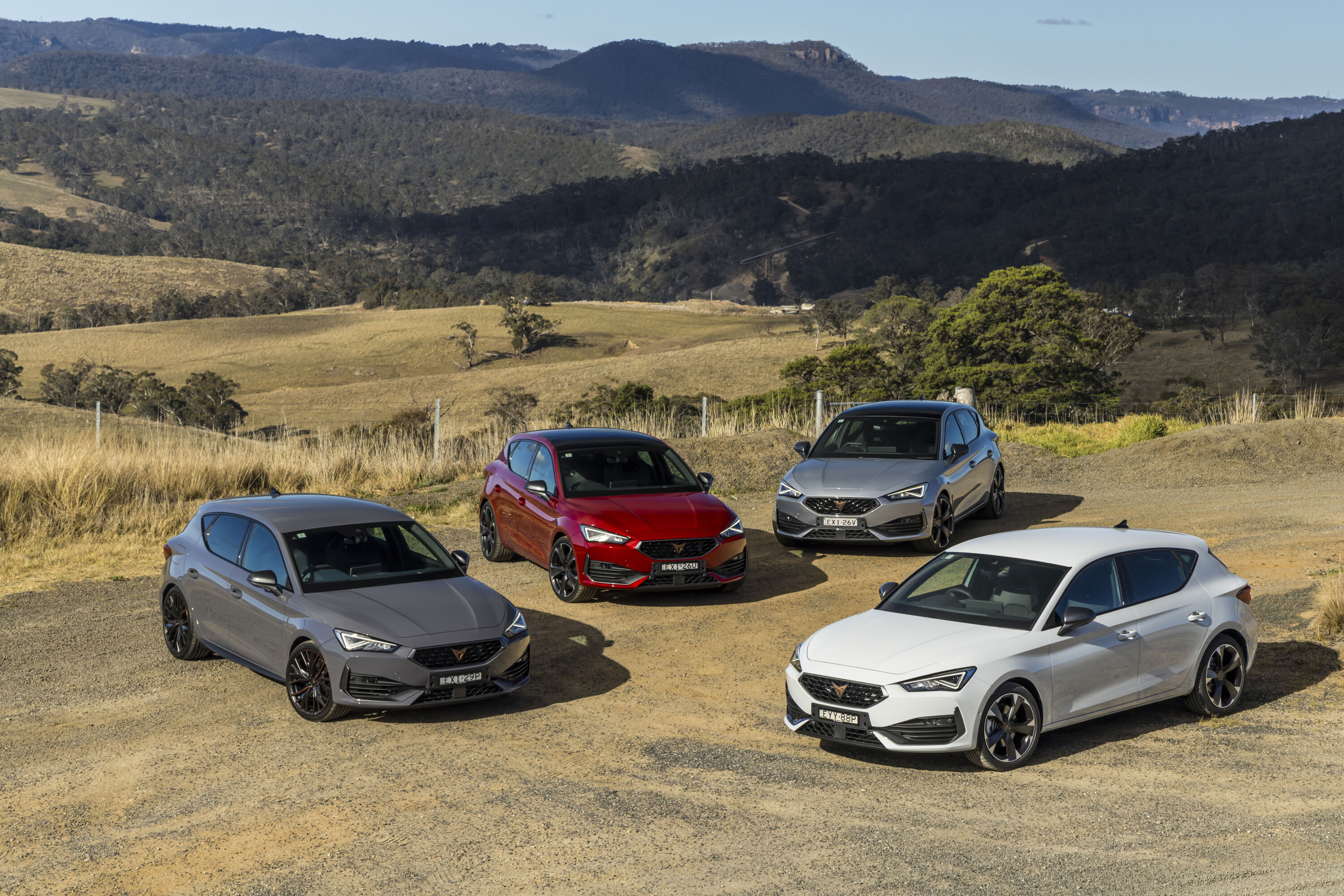
“We have invested 1 billion euro in the brand-new Leon that never had a chance to shine because when we launched the car, COVID happened,” he said.
“So, the Leon never had a chance – COVID and then [the] semiconductor [supply shortage crisis occurred] – so we just spent a billion on that Leon, and it has a long time to run. And our SUVs as well, the Ateca, the Arona, there’s great demand around Seat.
“So, Seat has suffered, but Seat is back this year – I mean, Seat is up 20 per cent. So Seat is stronger than ever – so no, for the foreseeable future, there’s no question mark about Seat,” said Mr Griffiths.
We recommend
-
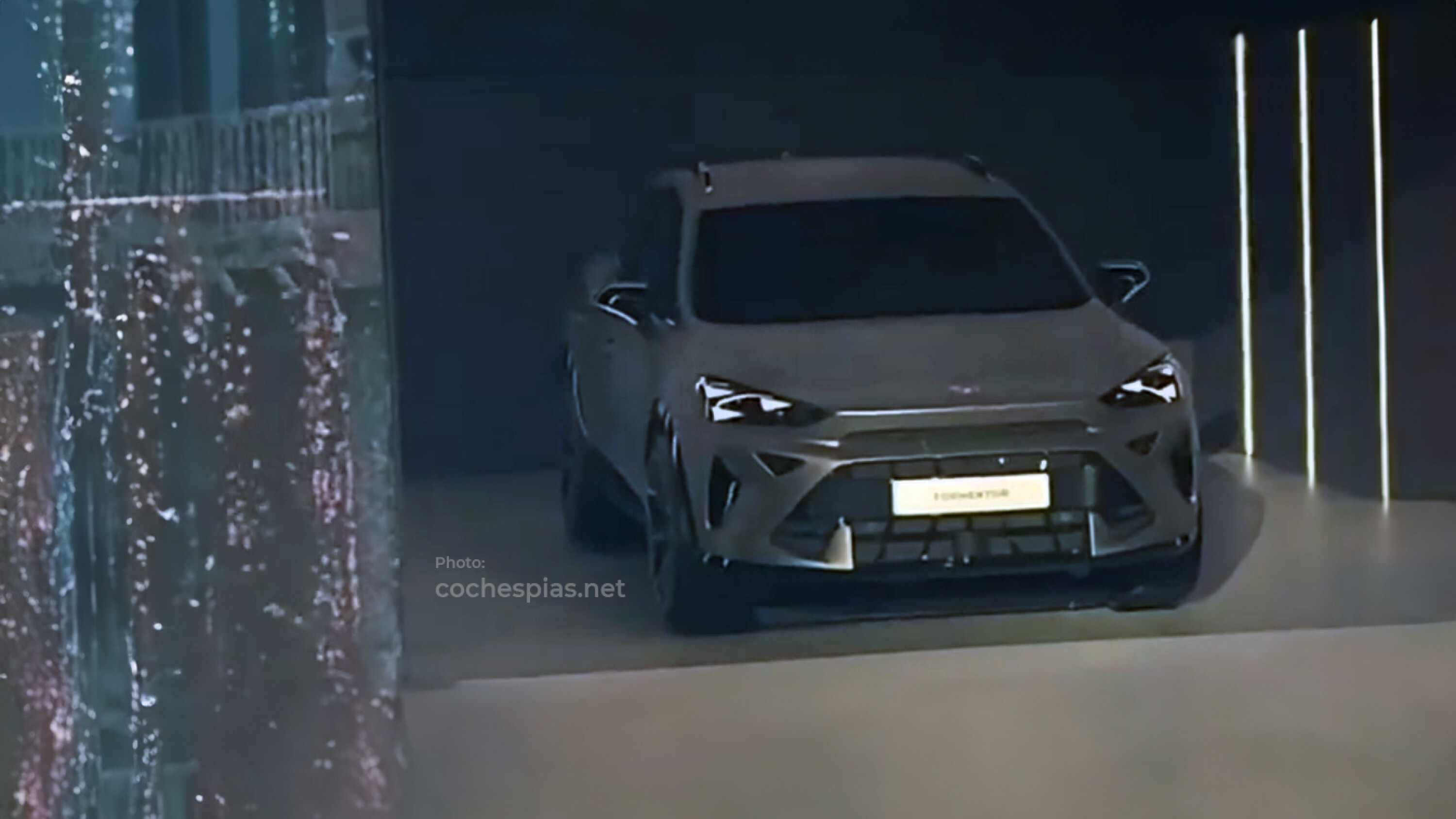 News
News2024 Cupra Formentor: new look coming for popular crossover
Sporty SUV to get a new visual identity late next year, along with other updates still to be confirmed
-
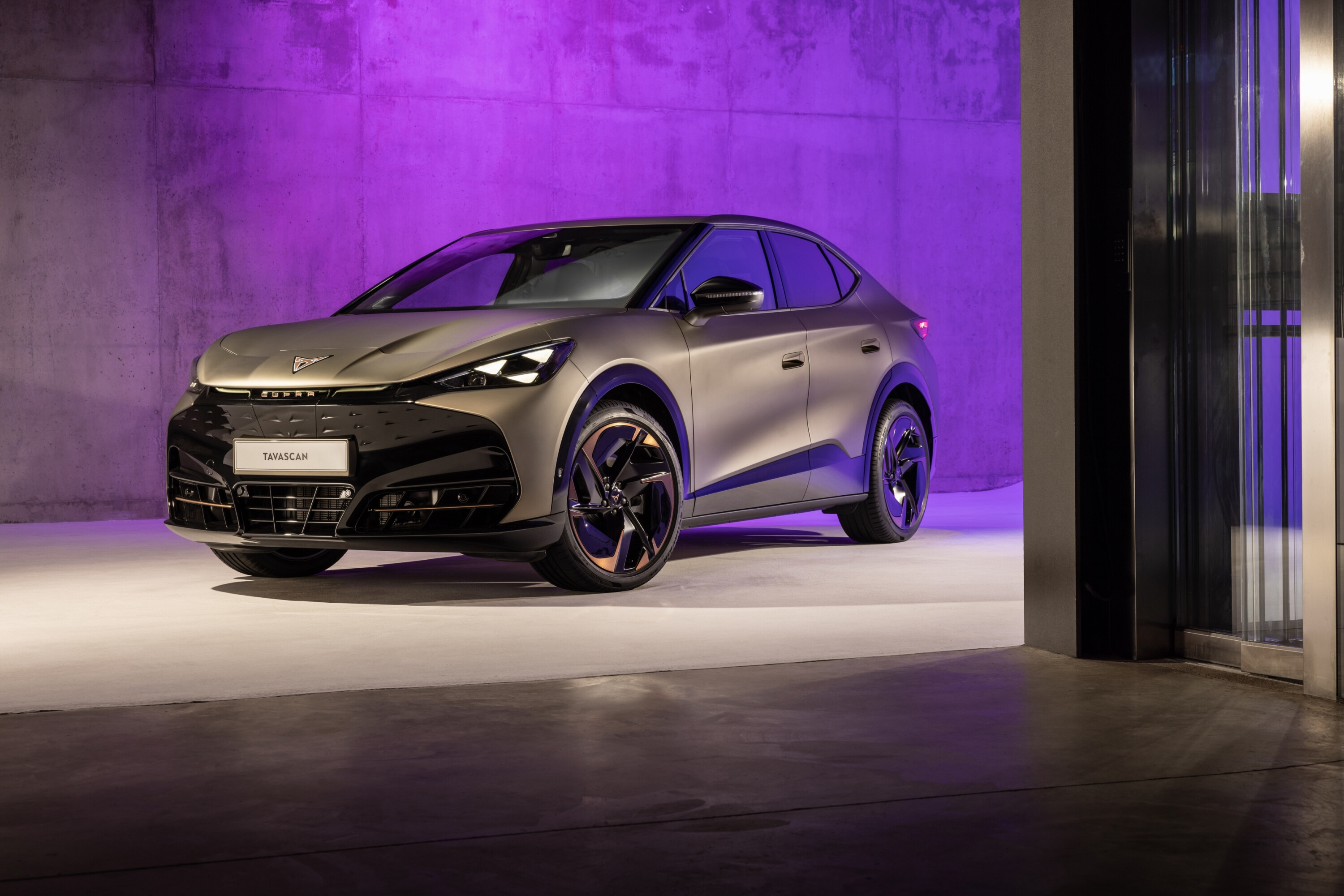 News
News2024 Cupra Tavascan: Spanish Model Y rival revealed
Midsized electric SUV coupe expected here in 2025 will sit above Formentor in the Spanish brand's line-up and target Tesla's Model Y and Hyundai's Ioniq 5.
-
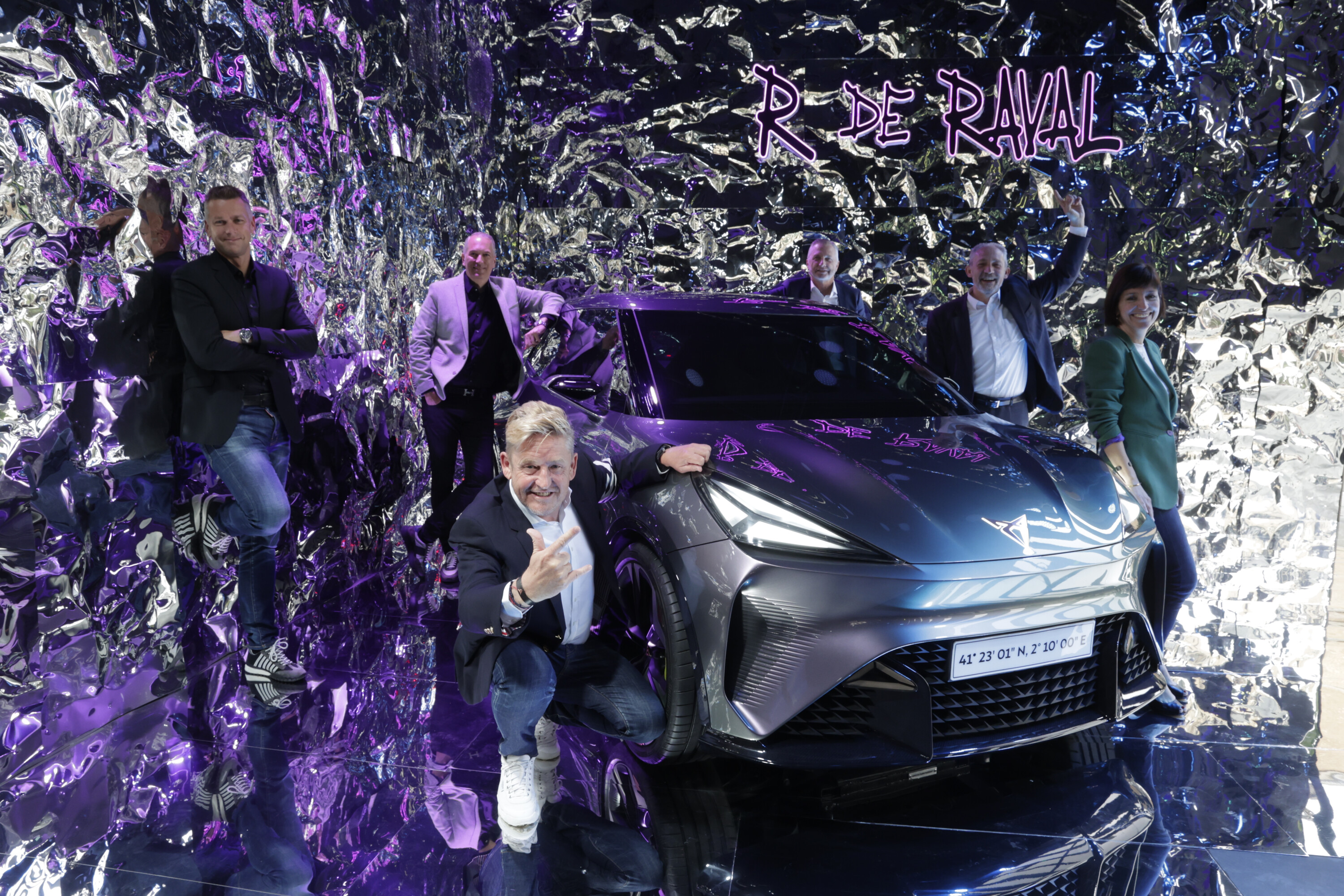 News
NewsCupra confirms Raval name for 2025 UrbanRebel electric hot hatch
Cupra confirms official name of urban EV that could cost sub-$40K

